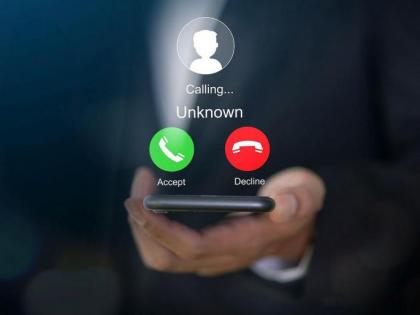Beware! New ‘Call Merging Scam’ Can Drain Your Bank Account While You’re on Call
By Lokmat Times Desk | Updated: October 27, 2025 13:00 IST2025-10-27T12:59:39+5:302025-10-27T13:00:40+5:30
New Delhi: Cyber frauds like missed call fraud and digital arrests are now on the decline. Now cyber criminals ...

Beware! New ‘Call Merging Scam’ Can Drain Your Bank Account While You’re on Call
New Delhi: Cyber frauds like missed call fraud and digital arrests are now on the decline. Now cyber criminals have found a new and very dangerous way to cheat, which is the 'call merging scam'. The National Payments Corporation of India and major banks have issued an urgent warning to citizens about this new scam. In this scam, cyber thieves unknowingly obtain one-time passwords by misusing a common mobile feature called 'call merging' or 'conference call' and empty the account within seconds.
How exactly does a 'call merging scam' work?
A call merging scam is based on social engineering techniques, which usually goes as follows: The scammer calls you from an unknown number and says that he got your number from an acquaintance or friend of yours. He tries to gain your trust through his words. After this, the scammer tells you that his 'friend' is calling you from another number and asks you to merge the calls.
Actually, this 'second call' is not from a friend, but an automated OTP verification call from the bank to initiate a transaction from your bank account. As you merge the call, the bank's OTP call is also added to your conversation. It has already obtained your information from the internet, it is just waiting for the OTP. As soon as it hears the OTP on the call, it enters it and the money is immediately transferred from your account.
If you receive a request to merge another call with any call from a stranger, immediately reject it. If someone claims to be a bank official or an acquaintance, hang up the call and verify your identity by contacting the official customer care number or the friend through another means. The bank or any financial institution never asks you for OTP or PIN over the phone. If you are asked any such question, consider it a scam. If you receive an OTP for a transaction that has not been made or notice any suspicious activity, immediately inform your bank and file a complaint on the National Cybercrime Helpline 1930.
Open in app